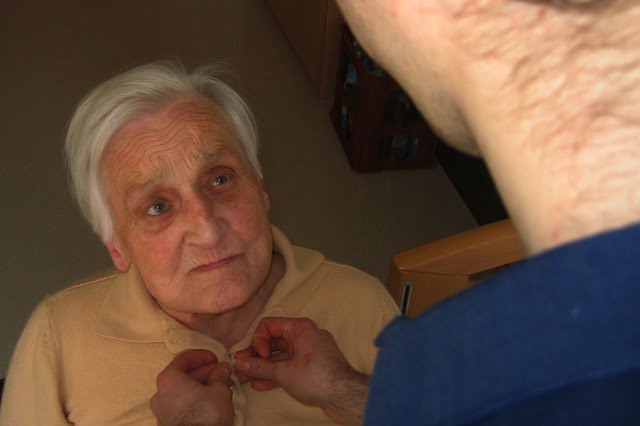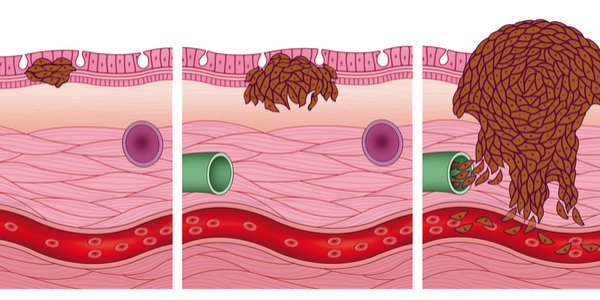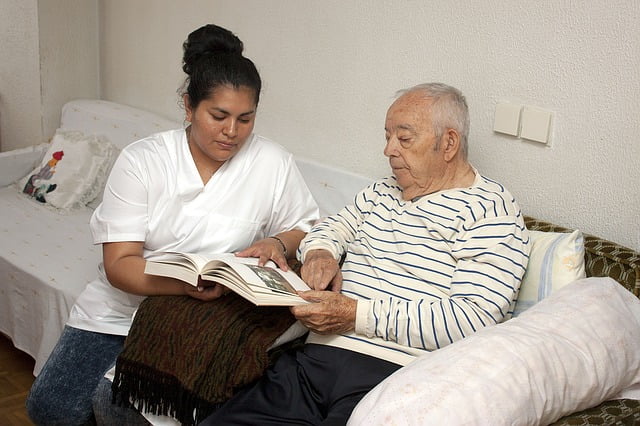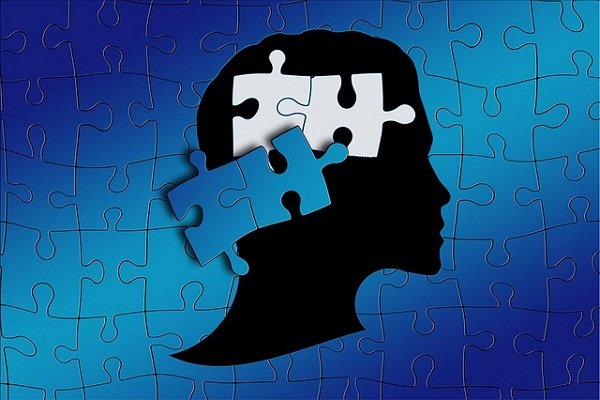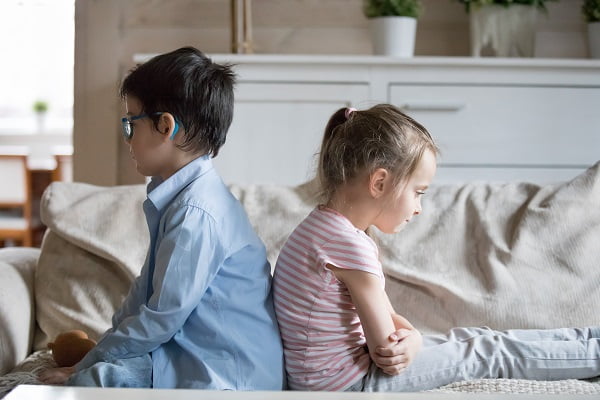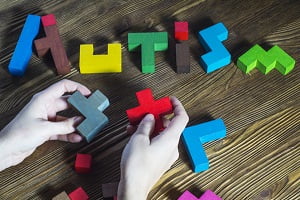Browsing: Brain and Neurological Conditions

Your brain constitutes the control mechanism of your body. It’s part of your nervous system, which also includes the spinal cord and a large network of nerves and neurons. The nervous system controls everything in your body.
When your brain is damaged or diseased, it can affect your memory, your sensation, your personality, and even your entire quality of life. Nervous system disorders (Nervous system diseases) include any conditions or disabilities or problems that affect your brain or nervous system and comprise brain diseases as well.
Brain and nervous system problems are quite common. These neurological disorders include Alzheimer’s disease, Parkinson’s disease, multiple sclerosis, epilepsy, stroke, depression, autism, etc.
This page provides quick access to a list of common diseases, syndromes, health conditions, and other topics of health importance related to your brain and nervous system. The list is organized alphabetically. Links are provided to respective disease ecosystems that serve as a comprehensive and ultimate guide about the disease or health condition. Keep reading!
Alzheimer’s Disease (AD) is a progressive neurodegenerative disease that can progress over many years. It is a complex disease that can progress like other chronic diseases such as diabetes and cardiovascular diseases. It gets worse with increasing age and time. People who develop late onset of AD faces problems in everyday activities such as bathing, eating and dressing, and need help from others.
Alzheimer’s disease is the most common form of dementia and shows dementia-like conditions such as memory loss and cognitive skill disabilities. This disease is histologically characterized by accumulation of amyloid plaques and neurofibrillary tangles throughout the brain.
Memory loss that disrupts daily activities of a person is a common symptom of Alzheimer’s or other forms of dementia. Alzheimer’s is a brain disease and causes a slow decline in memory and thinking and reasoning skills. Different children may experience varying signs. If you notice any of them, please see a doctor.
An Overview of Dyslexia
Dyslexia is a learning disorder that is characterized by a difficulty in reading due to problems identifying speech sounds and understanding how these speech sounds relate to letters and words. It is a reading disability and affects areas of the brain that is responsible for language processing.
Siblings of Autistic Children May Also Face Trouble
New research found that siblings of autistic children may also face trouble and difficulties in motor skills. They may perform better than non-autistic siblings but worse than controls of the study under consideration.
About 50-60 % of people with ADHD also have some type of learning disability such as dyslexia. ADHD is usually identified the very first day in school. Dyslexia on the other hand remains undiagnosed for a longer period of time. It is recognized when a child reaches fourth or fifth grade and there is a shift from learning to reading.
The severity of symptoms varies greatly in people or children with autism. But all of them show some common symptoms. These are such as problems with non-verbal communication, lack of social interactions, lack of interest in activities of enjoyment, lack of empathy.
It is not easy to know which intervention will work best for your child. Each child with autism is affected in a unique way and may behave in a different way. Some types of treatments may involve intensive work for a long time. The treatment focuses on improving communication and social skills.
The exact cause of autism is not well known till date. But researchers have found through observations various factors that…
Diagnosis of Autism: How to diagnose autism in toddlers and kids? Diagnosis of autism is the formal identification of autism,…




